Formerly known as Potentilla palustris, this cinquefoil loves to grow in wet, marshy soil. Sometimes can be found growing in the water, with leaves floating on the surface. Unlike other cinquefoils that you may be familiar with, this one has gorgeous, wine-red blooms. It is, however, adaptable to moist garden soil. It can actually dry out a bit, just don’t grow it in dry soil. If you can grow Lobelia cardinalis, you should be able to grow this one as well.
Purple Marsh Cinquefoil
“Vasevine, Leatherflower Clematis” has been added to your basket. View basket
North American Native Plants, Eastern PA Native, MagiK Picks, Northern-Piedmont Native, PA Herbaceous, Show Of Hands
Purple Marsh Cinquefoil
$8.00
Availability: 20 in stock
SKU: Comarum palustre
Categories: North American Native Plants, Eastern PA Native, MagiK Picks, Northern-Piedmont Native, PA Herbaceous, Show Of Hands
Description
Additional information
Family |
|---|
Reviews (0)
Only logged in customers who have purchased this product may leave a review.
Related products
-
Purple Giant Hyssop
$10.00 Select options This product has multiple variants. The options may be chosen on the product page -
Common Blue Violet
$8.00 – $15.00Price range: $8.00 through $15.00 Select options This product has multiple variants. The options may be chosen on the product page -
Butterfly Milkweed
$10.00 – $15.00Price range: $10.00 through $15.00 Select options This product has multiple variants. The options may be chosen on the product page -
Wild Strawberry
$5.00 – $25.00Price range: $5.00 through $25.00 Select options This product has multiple variants. The options may be chosen on the product page

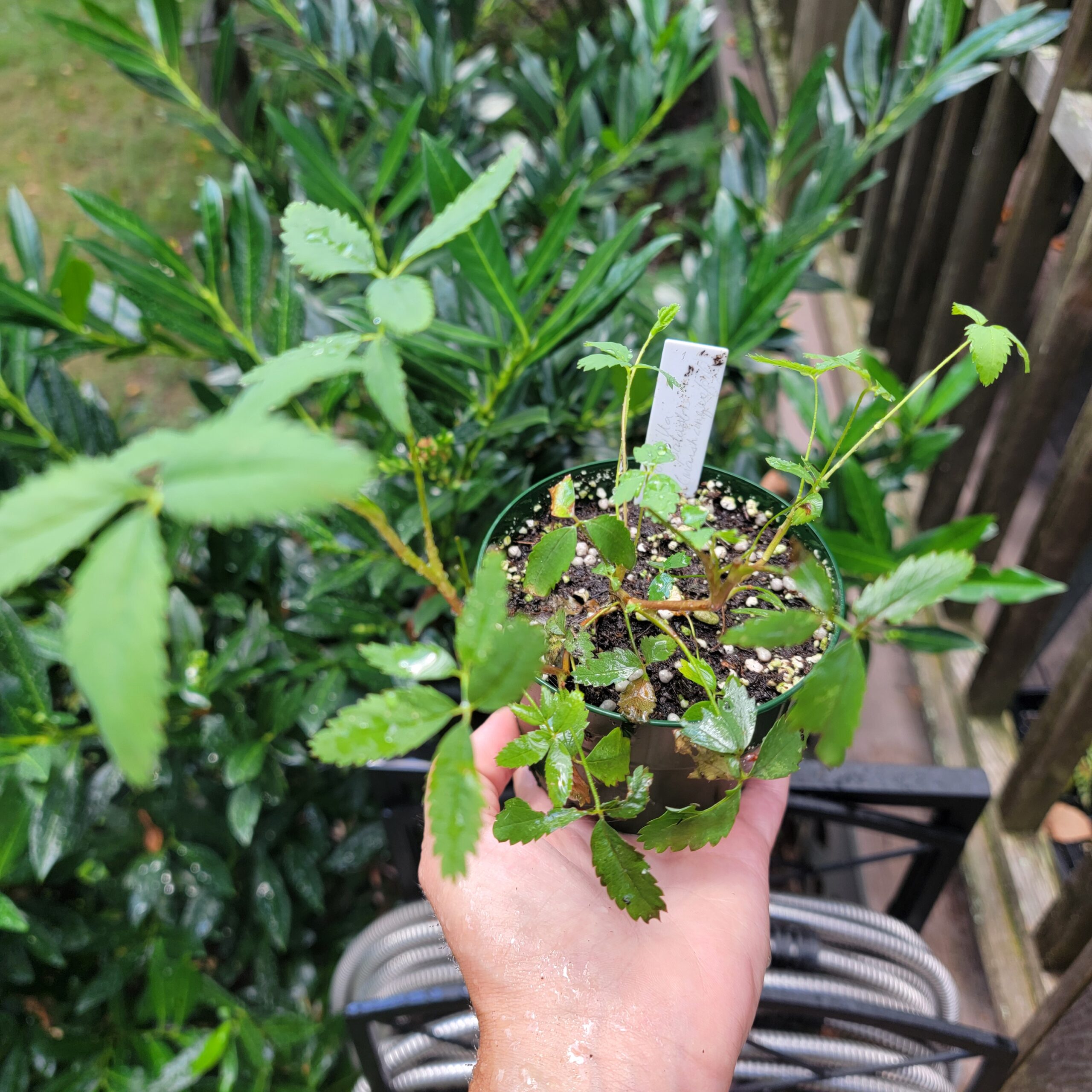
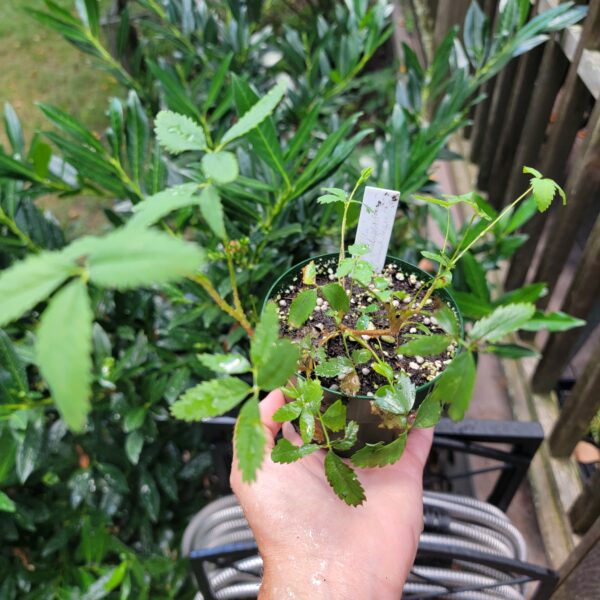


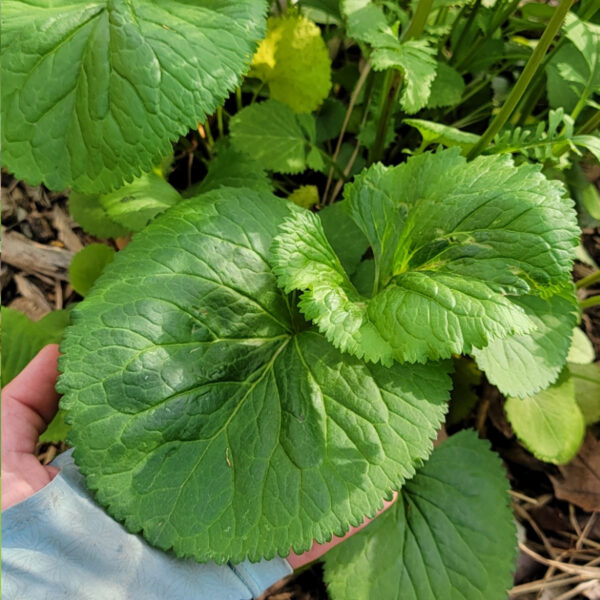



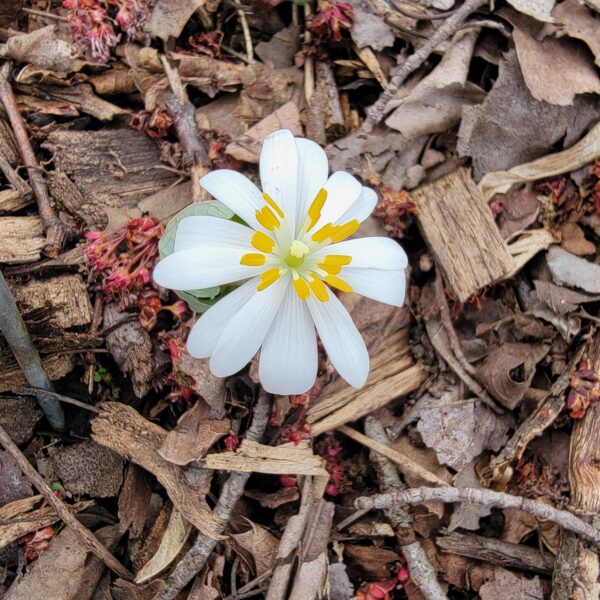


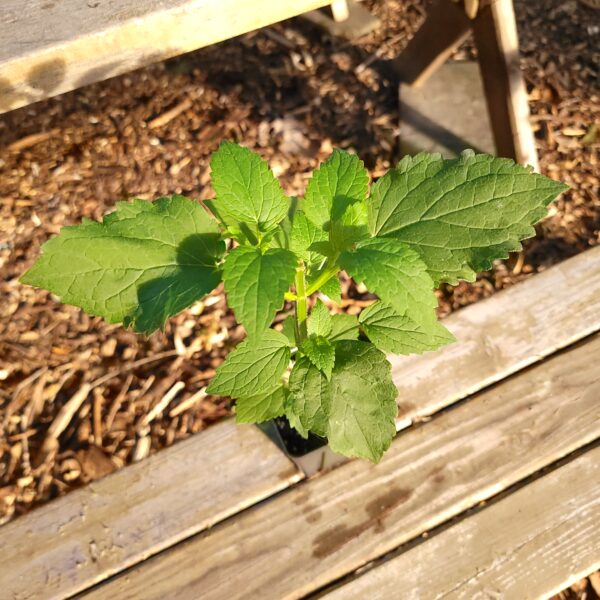
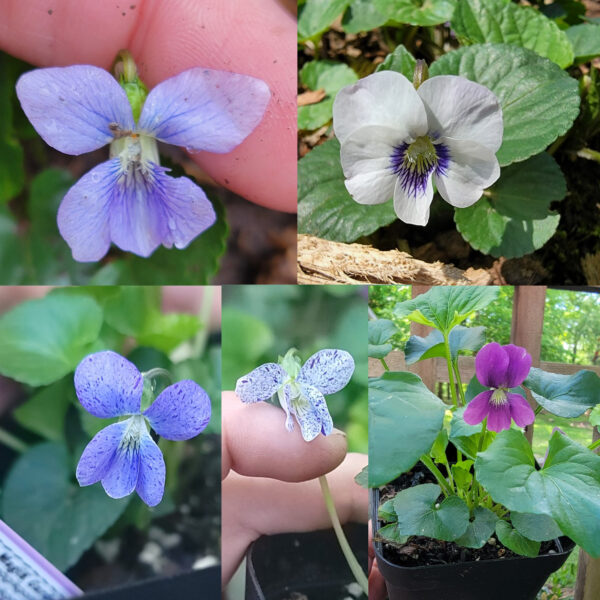
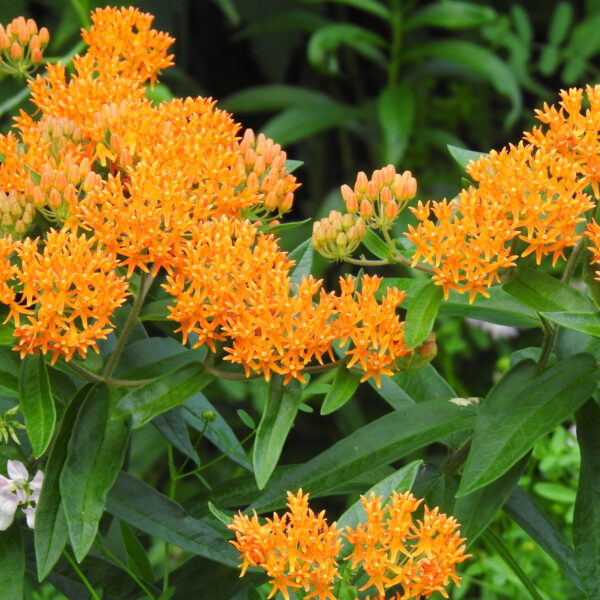

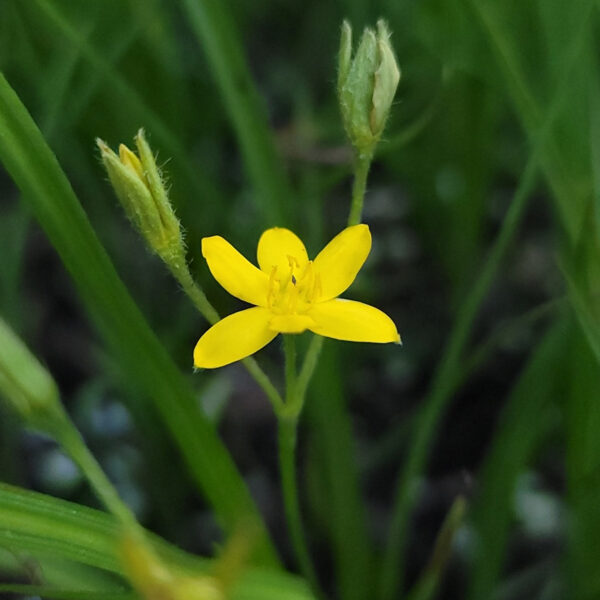
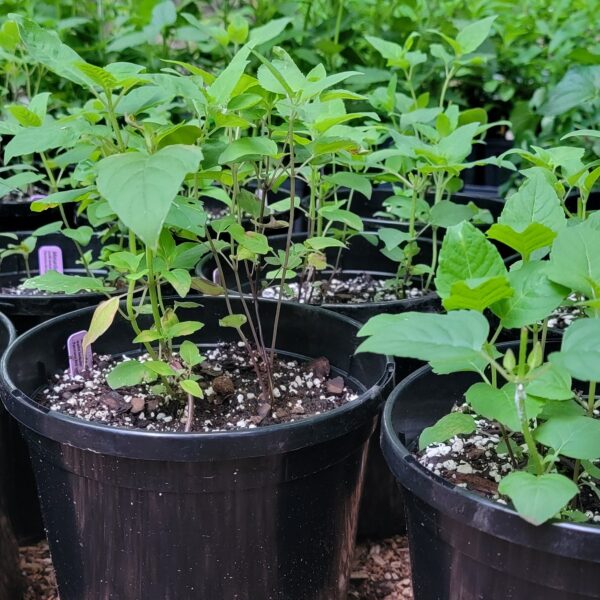


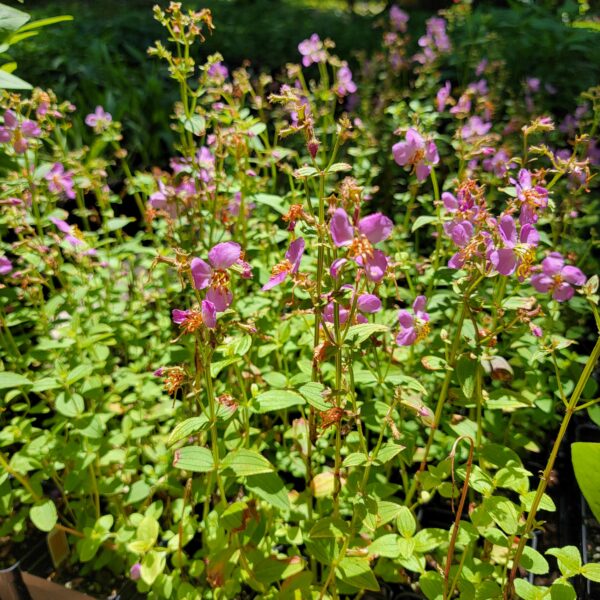



Reviews
There are no reviews yet.